Weaving untold stories through cinema
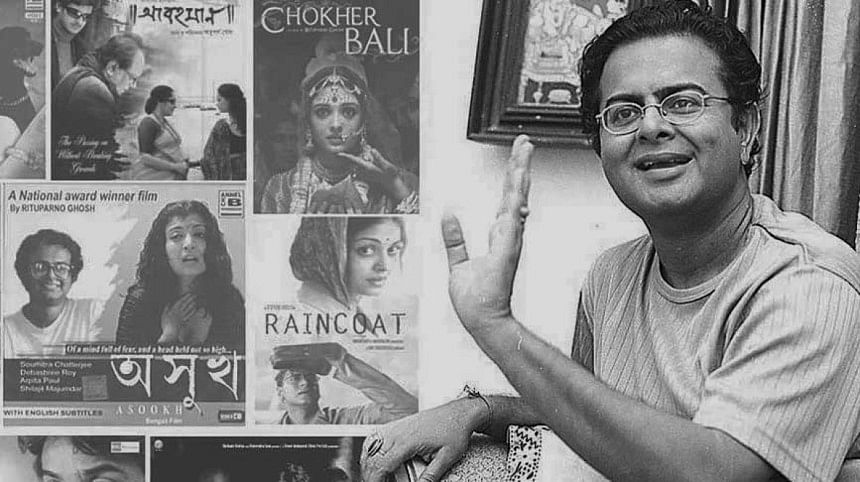
Rituparno Ghosh was a prolific and a talented filmmaker who directed 19 films, in a career spanning just 21 years. Their (the media began using the pronouns they/them to refer to the late director, as he was unwilling to reveal his gender) films were diverse and unique, garnering 12 National Film Awards for their work. Considered one of the most important figures in Bengalee cinema, Rituparno pioneered an era of inclusivity and art.

Their cinematic storytelling touched a wide range of audiences. Their talent was not limited to film direction. They were also the editor of two widely circulated Bengali magazines. The audience got to know Ghosh's acting talent in three films: "Arekti Preme Golpo", "Memories in March", and "Chitrangada".
Today they would have turned 60 years old, let's take a look at some of the outstanding works of this talented director of Bengal:
Hirer Angti (1992)
It was their first film as a director. The film stars Basanta Choudhury, Pradip Mukherjee, Ayan Banerjee, Moonmoon Sen, and Sumanta Mukherjee, among others. The main themes of this film are a diamond ring and its claimants. Despite being claimed as a children's film, the film conceals messages that transcend ages and generations
Unishe April (1994)
This film, which has won multiple National Awards, showcases the complex relationship between a mother and daughter. The film stars Aparna Sen, Debashree Roy, and Prosenjit Chatterjee.
Rituparno Ghosh and Debashree Roy won the National Award for Best Director and Best Actress, respectively, for "Unishe April"
Dahan (1997)
A film based on the novel of the same name by Suchitra Bhattacharya depicts the harsh realities of life in a patriarchal society. Indrani Halder and Rituparna Sengupta played the lead roles in the complex film that tackled issues like molestation, rape, and socialism.

Bariwali (1999)
This film chronicles the journey of a middle-aged woman, who finds new hope in her life when a shooting crew comes to her village. The film stars Kirron Kher, Sudipta Chakraborty, and Chiranjeet Chakraborty. After showing her a new dawn, they leave her alone and her life starts progressing at its own pace. Consequently, Kirron and Sudipta bagged the Best Actress and Best Supporting Actress awards for the film.
Utsab (2000)
Durga Puja is the biggest festival of Bengalees. But how many of us notice the darkness that lurks beneath the festive lamp? The film is about the common and complex problems that middle-class families face. On the occasion of Durga Puja, all the members of a family gather in their village house, and their relationships begin to strain.
Rituparno Ghosh won the National Award for Best Director for this film. The film stars Madhabi Mukherjee, Prosenjit Chatterjee, Rituparna Sengupta, Mamta Shankar, and Arpita Pal.
Shubho Mahurat (2003)
"The Mirror Crack'd from Side to Side" is based on the story of Agatha Christie's famous detective character Miss Marple. Rangapisima solves a murder mystery by telling a story. However, this is not just a murder mystery story. The director delves deep into the human psyche, which takes the film to a pinnacle of excellence.
Chokher Bali (2003)
The film is based on a story by Rabindranath Tagore, starring stars Aishwarya Rai, Prosenjit Chatterjee, Raima Sen, and Tota Roy Chowdhury. The director puts their own unique stamp on Thakur's iconic story. The story begins when Binodini hears the first stirrings of rebellion women's place in society back then. The film won the National Award for Best Bengalee Film.
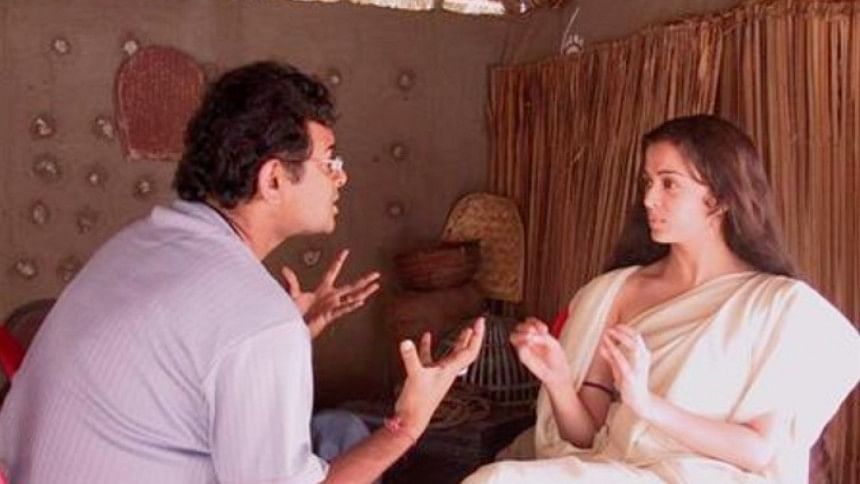
Raincoat (2004)
This Hindi film won the National Award for Best Film in 2005. The film stars Ajay Devgn and Aishwarya Rai. Based on O'Henry's "The Gift of the Magic," the director tells the story of selfless love.
Dosar (2006)
In the age of colour and digital, Ghosh made a mark by making films in black and white. In addition, the limited use of background music in the film resonated with the audience. The director started a new debate in society by questioning the issue of adultery. The movie shows outstanding chemistry between Aparna Sen, Konkona Sen Sharma, and Prosenjit Chatterjee.
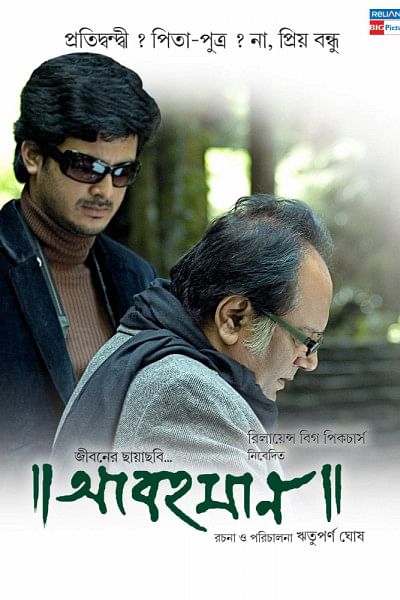
Abohomaan (2009)
Marked as one of Ghosh's best works, "Abohomaan" details the relationship between a father and son. It can also be said that it is about the relationship between the artist and their muse. The film explores the contrast between sophistication and Naivety. In this film, Ghosh's mirror captures a different version of Noti-Binodini. However, many viewers also find echoes of Satyajit Ray's "Charulata" in the film.
Chitrangada (2012)
Ghosh's last film gives a very personal glimpse into the life of a choreographer going through a gender gender-reassignment surgery. With Ghosh essaying the main role themself, it led many to believe the film to be autobiographical. The film also stars Jisshu Sengupta, Raima Sen, Anjan Dutt, and Dipankar Dey.
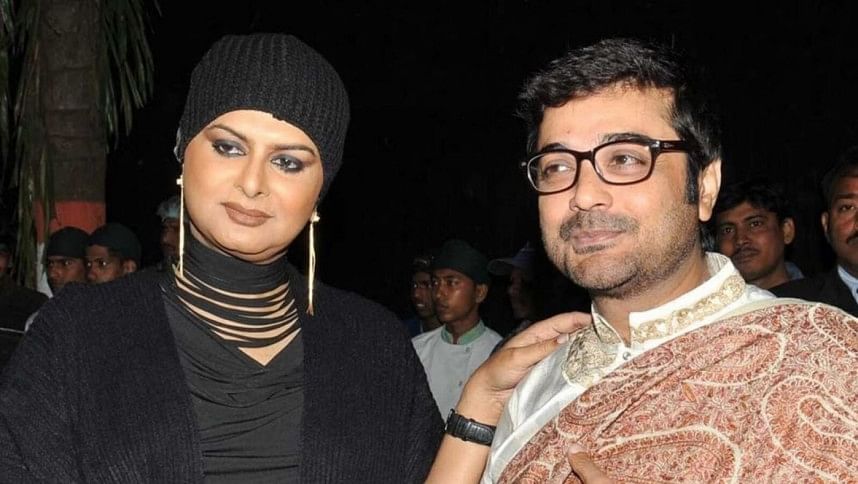
In a society where discourses about gender, sexuality, or identity cannot yet be talked about openly, this unprecedented work of gender consciousness gave Bengali cinema a sharper edge through Rituparno Ghosh. Their works opened the doors for marginalised communities and individuals to find a semblance of representation, in a space otherwise dominated by linear ideas of identity. The trailblazing actor passed away on May 30, 2013, due to heart-related conditions.

 For all latest news, follow The Daily Star's Google News channel.
For all latest news, follow The Daily Star's Google News channel. 


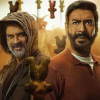






Comments